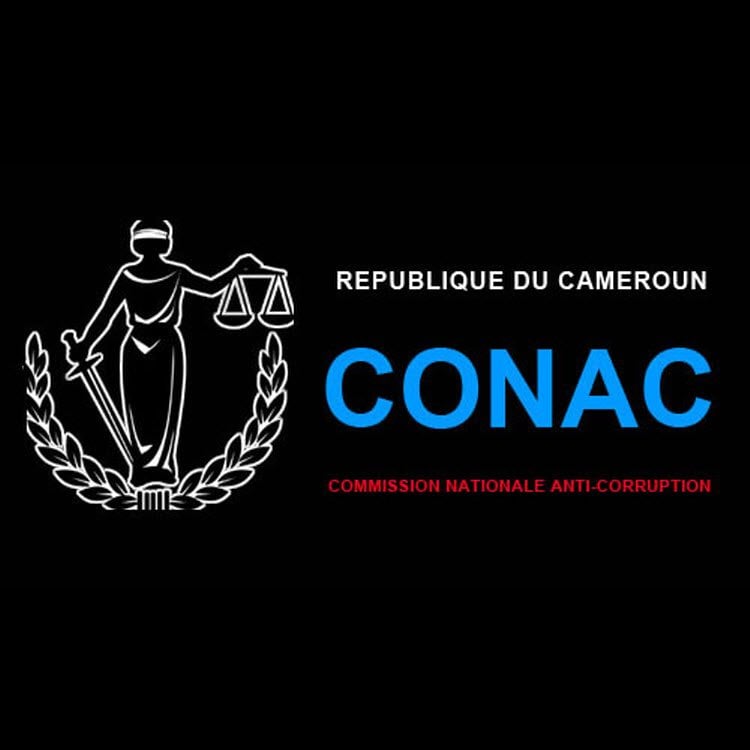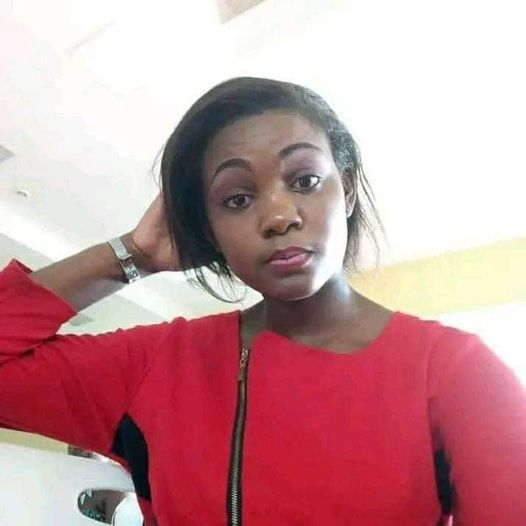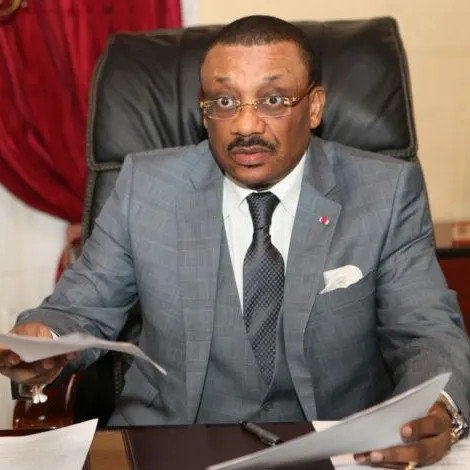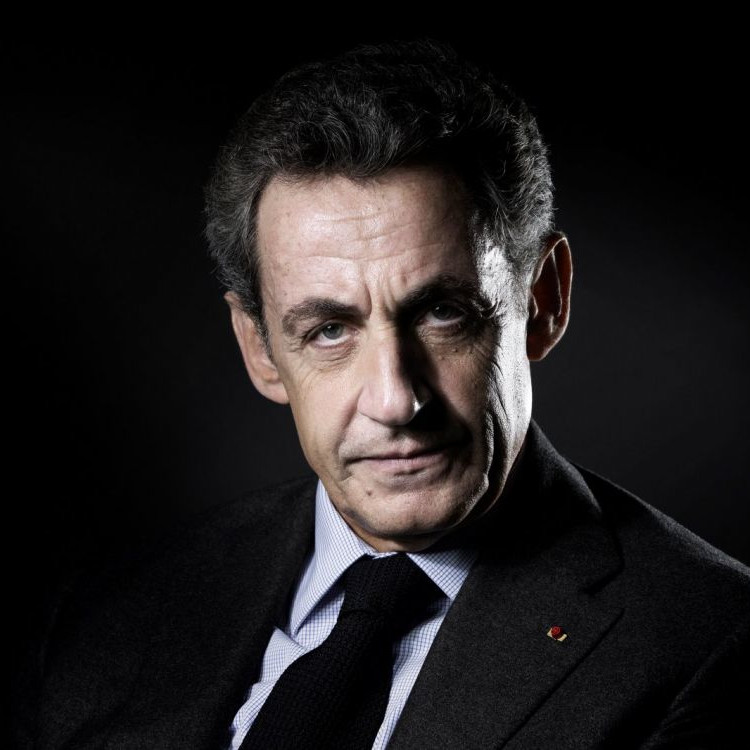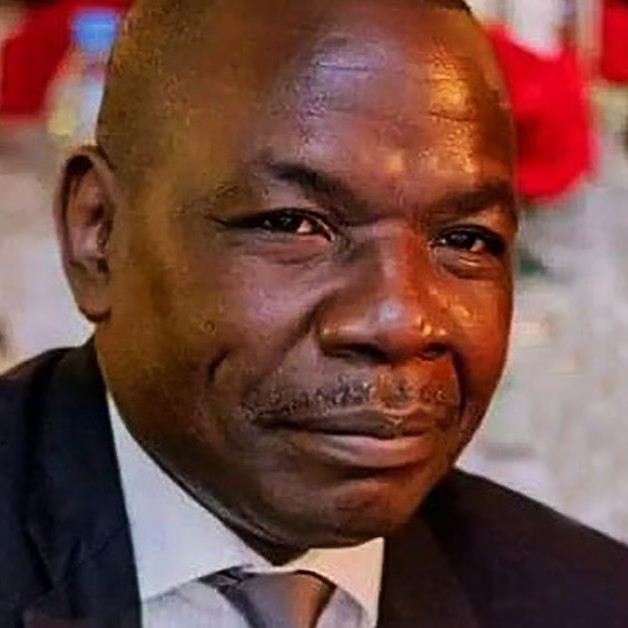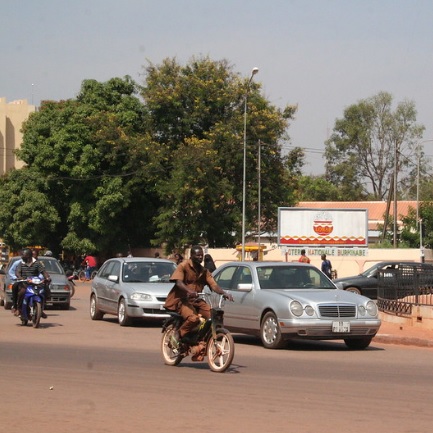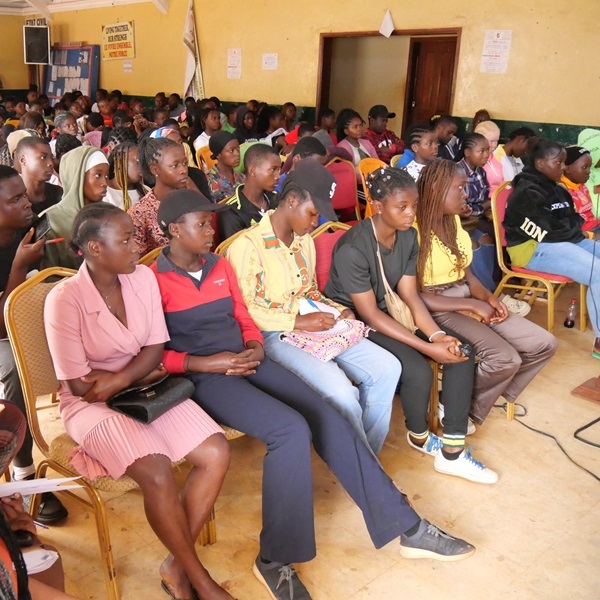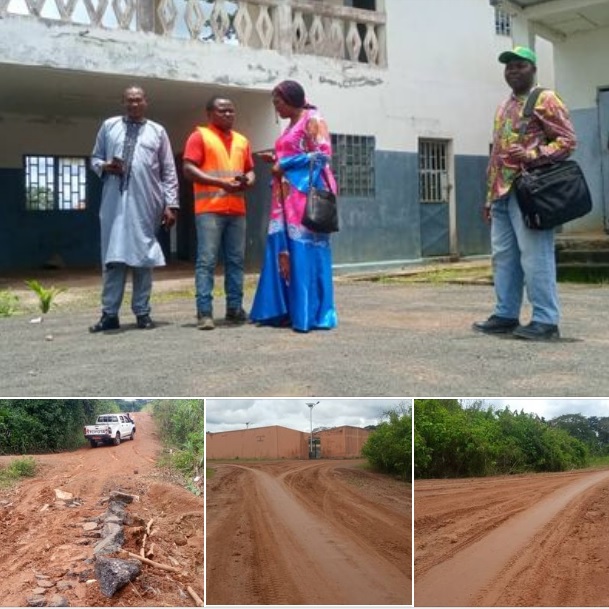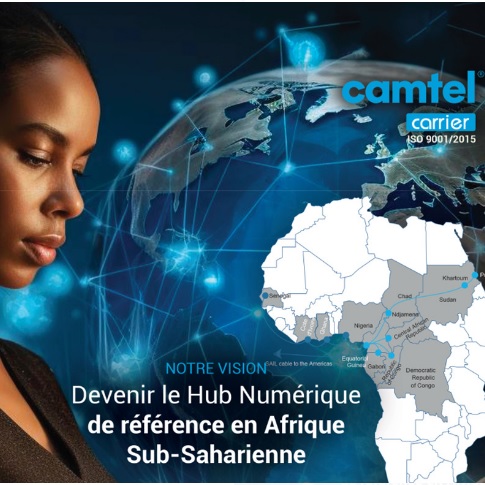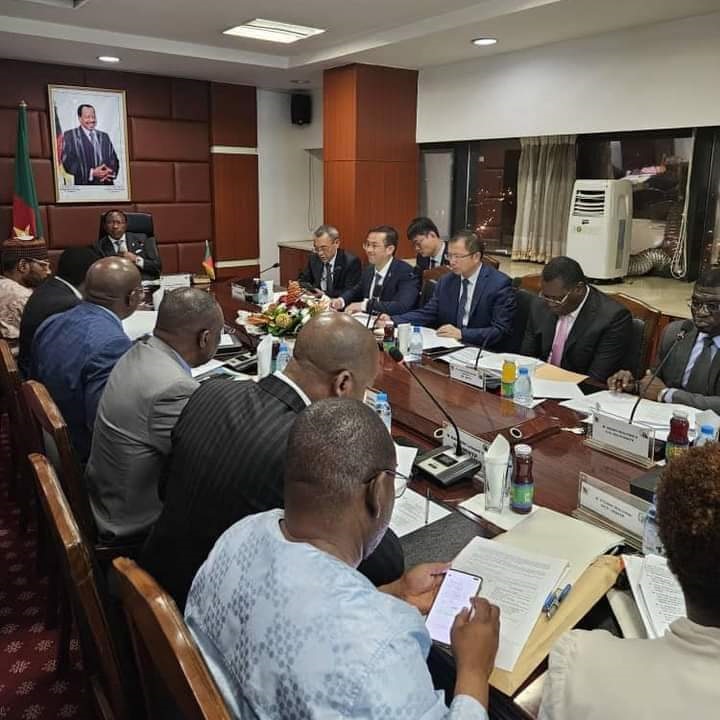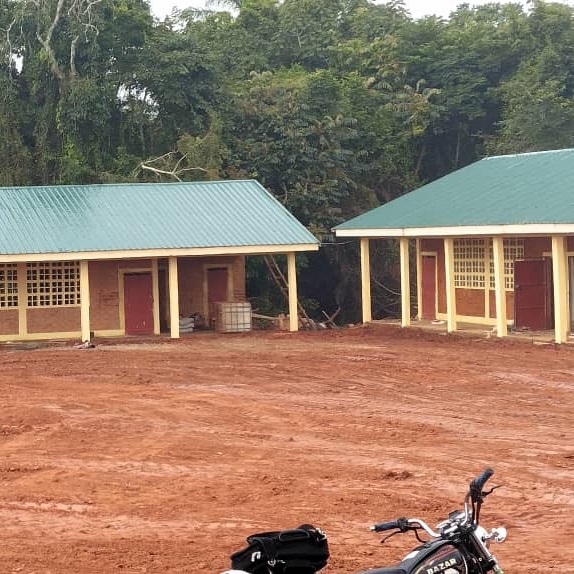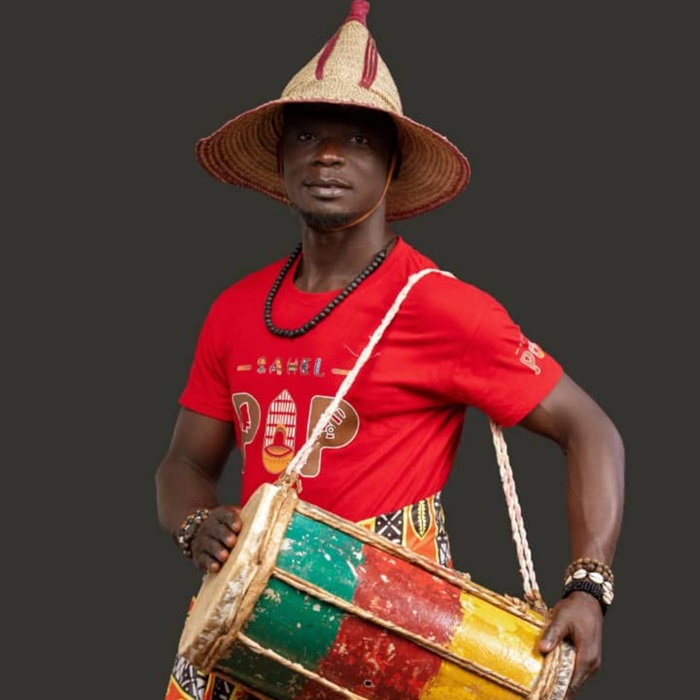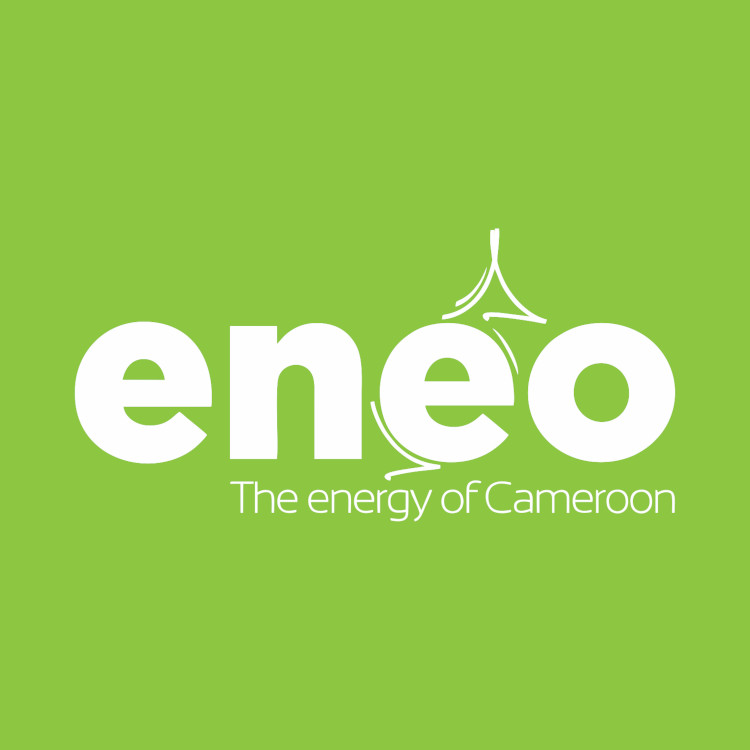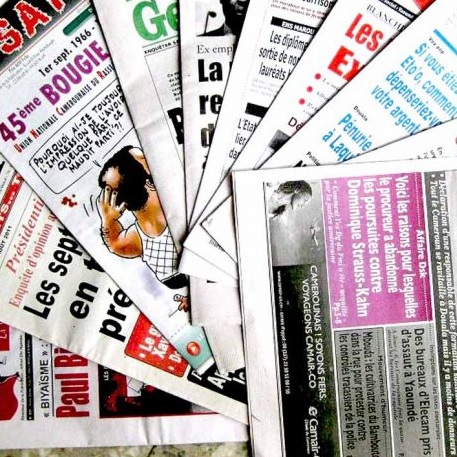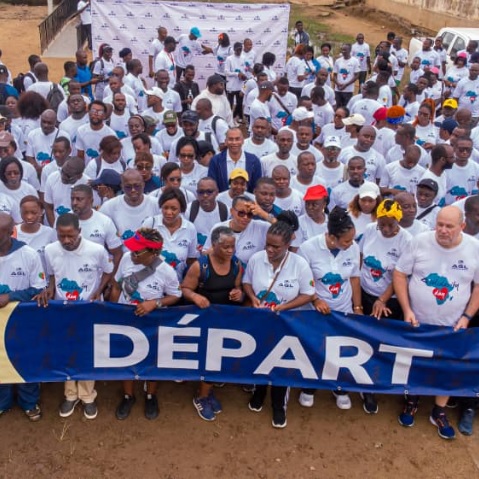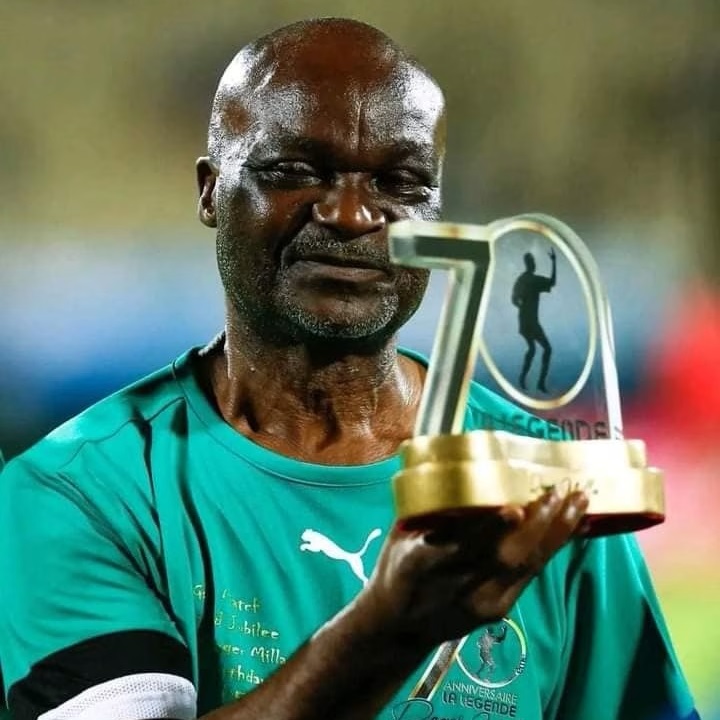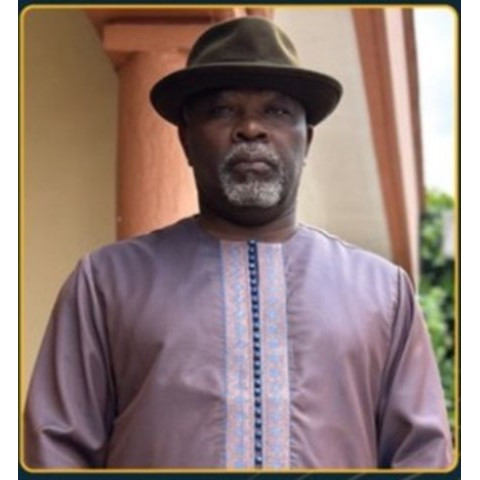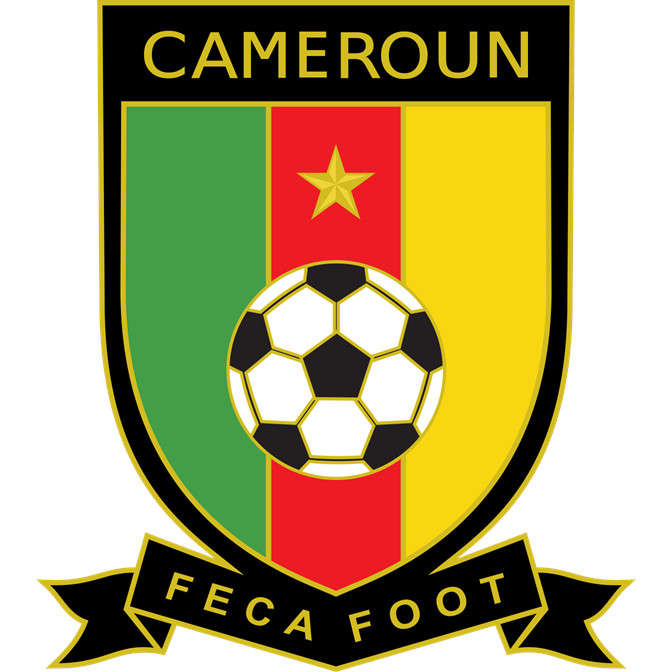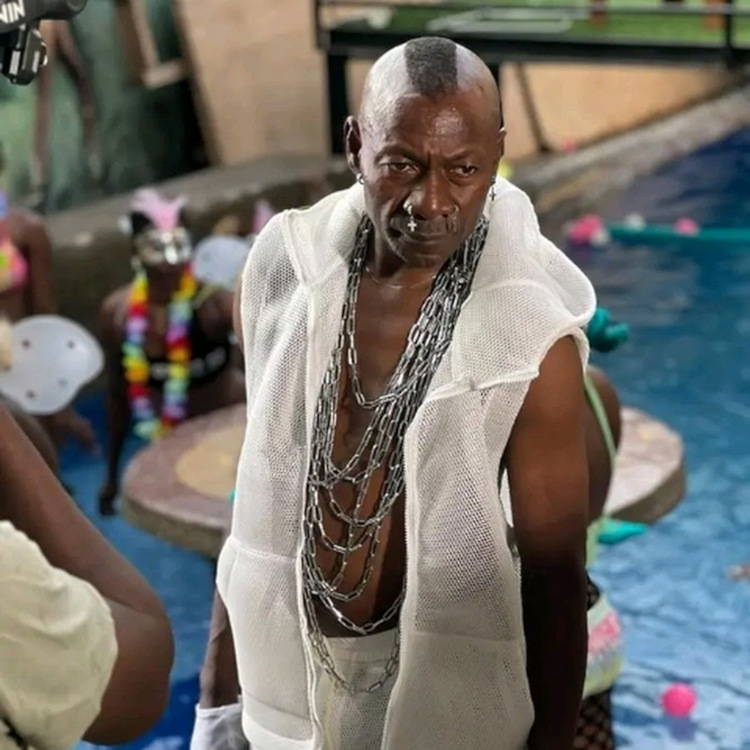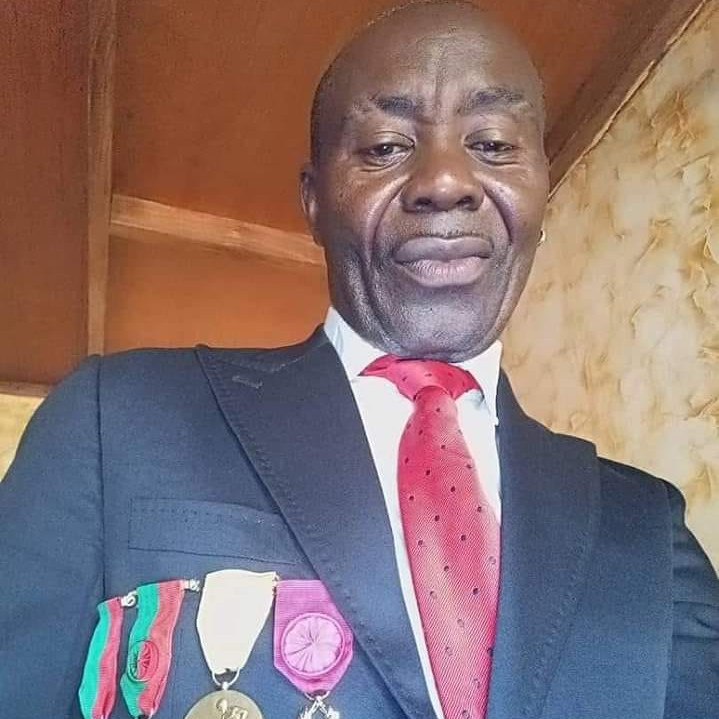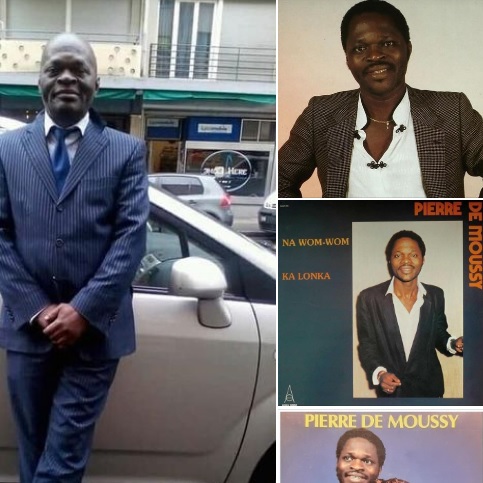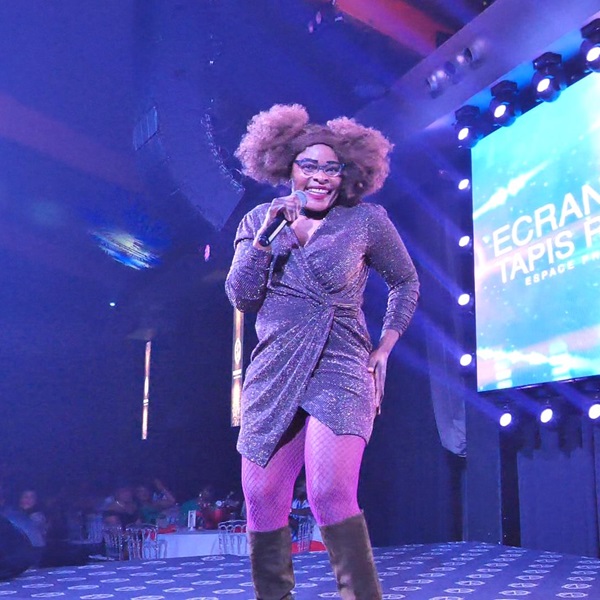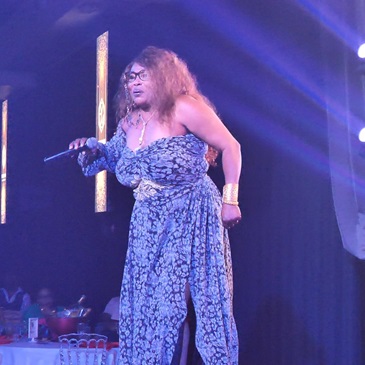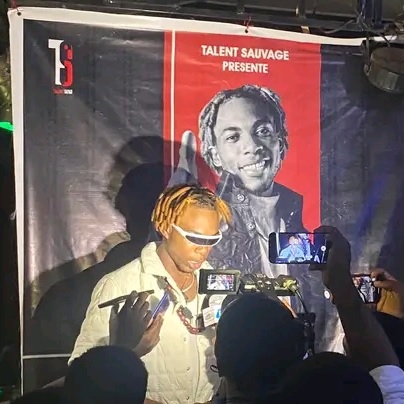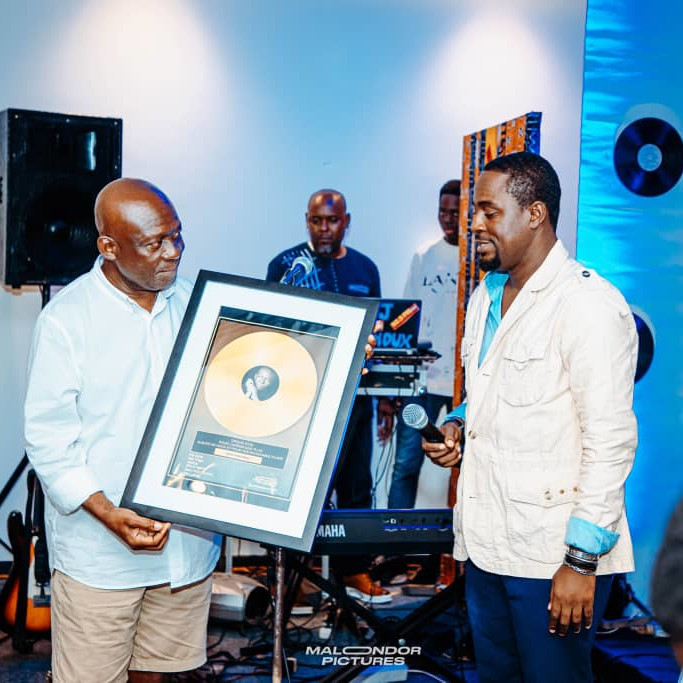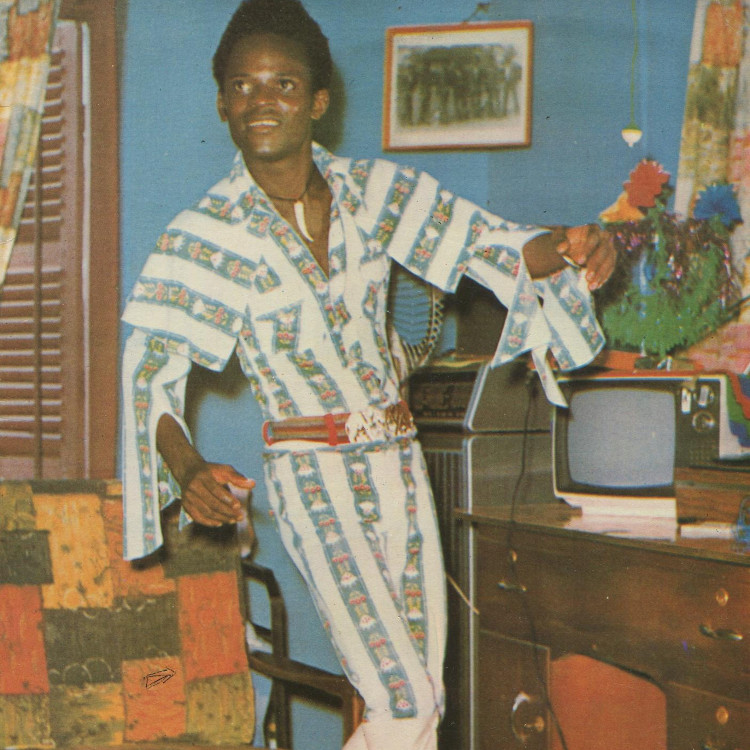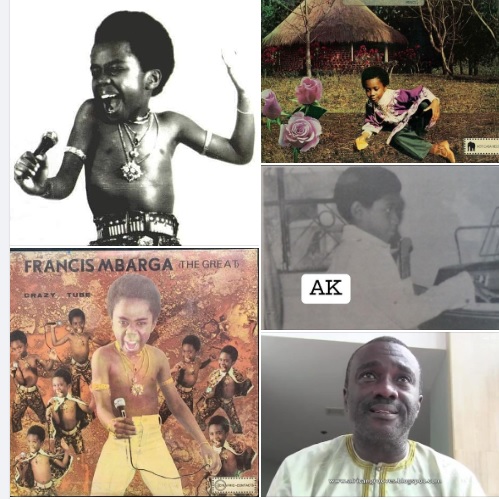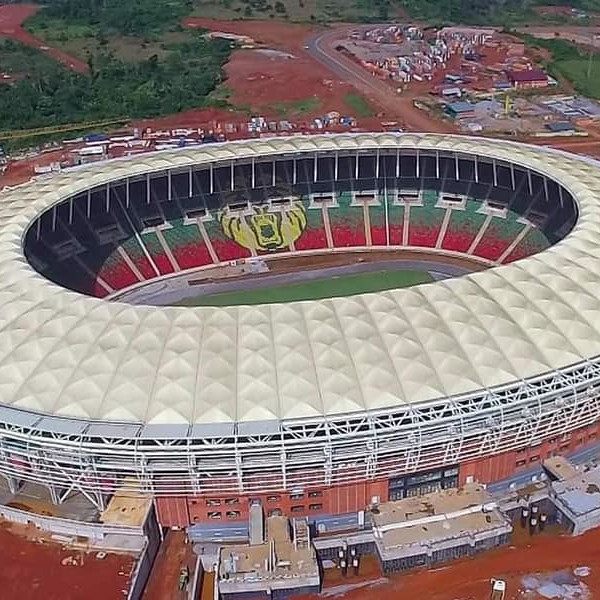

-
© Correspondance : ERELA Cameroun
- 19 Feb 2015 09:41:46
- |
- 4187
- |
Cameroun:REDYNAMISATION DES COMITES DE LANGUES CAMEROUNAISES DU NORD-OUEST : AGHEM, BAFUT, KOM, LIMBUM, NSO' :: CAMEROON
The interim president Prof. Etienne SADEMBOUO presided over the meeting accompanied by Prof. Gabriel MBA both from the NACALCO Head Office in Yaounde. On welcoming the participants, the interim president urged the participants that our languages should not separate us but rather unify us to work as Cameroonians. It is our cry that all languages be it a big or small language should grow. A minute of silence was offered for the remembrance of our advocate, Prof. Maurice TADADJEU who passed away on December 2012.
Prof. Gabriel MBA our goal here today is to revamp the activities of languages committees in a bid revamping those of NACALCO as a whole. Thus reinforcing the concept of extensive trialingualism that was propounded by Prof. M. Tadadjeu in the 70s. Which holds that one empowers himself with his mother-tongue, french and English while adding other languages of his choice. This brings about the construct of socio-economy of linguistics.
We have not called all the language committees because we lacked the means. But the few of us who are here will see together how to revamp the activities while we go and share with other language committees.
We are here today to:
– assess the activities of language committees.
– revalue and revamp the activities
– promote literacy
– evaluate the participation of each language committee in relation to the national committee. Then each language committee member took turns exposing on the status quo of their language committee:
Kom
The Language Committee is somehow active but lags in its NACALCO's annual contribution. The teaching has extend from the primary to secondary schools. It started up in mission schools and now it is being taught in some government schools. The Divisional delegate for basic education is encouraging it but without any financial support. The mother-tongue is the medium of instruction in the in the first three primary school classes. As for didactic materials, several books are being published and being used for teaching. In the case of Functional literacy, only English is used in some classes and the facilitators are being paid from the government budget. Turning to publications, the marketing is at its slum.
Limbum
The Language Committee (LC) is dormant and there is no teaching for now. Nothing was mentioned about didactic materials, its publication, and its marketing. And no comment on functional literacy as well. The Limbum representative said that Limbum activities need some revamping. He added that he has been to palaces and churches but there is no response from the population.
Bafut
The LC has been dormant for some years and in 2013, a new LC led by the Lord Mayor was put in place. The training of teachers has been on a halt. The incentives did stop due to dried off funds. Some teaching/learning is going on in schools and during holidays. Adult literacy did fail because of lack of incentives. The rampant transferred of teachers has hampered the Multilingual Education System.
Aghem
A language committee do exist but its functioning is seldom. The funds used to be generated but today they have relent due the occasional slumbering of the LC. Multilingual education is on in few primary schools but without its full norms respected. The Aghem language and alongside other national languages are being taught in first three classes in secondary schools this has been reinforced by the teachers from Higher ENS from the department of Cameroon Languages and Cultures. The regional pedagogic inspector for National languages has been visiting the secondary schools. Didactic materials are being designed and published with the support of CABTAL as well incentives to the teachers of both church based and community based literacy classes. CABTAL has institute a new dimension of functional literacy which is still on its mobilization and sensitization phase. The Wum Council has been supportive on request as well as the Member of Parliament.
Lamsoʼ
The Language Committee is however functional. Church based literacy is ongoing, and also on holidays on the months of June, July, August training any organised group. The Lamso' School Book program of Karl Grebe for primary/secondary schools has come to and end. In addition, CABTAL is remunerating 29 teachers monthly but has ceased. At Kikaikilaki there is a teacher volunteer to whom pupils donate corn and other food stuff so that the school program should not die since the PTA is unable to pay the teacher. Didactic materials are not enough. The Catholic education gave teachers to be trained and after their training they are teaching. In five (5) secondary schools, literacy is going on during club hours. A teacher has been sent there from the Department of Language and Culture from Higher ENS. The regional pedagogic inspector has been meeting with the school and language committee.
The Council has opted to pay some roving teachers from the council funds.
There exist 11 functional literacy centres with low turnout, they teach in both English and the MT. The Senator has been very supportive. He has just donated 100.000frs for the language. After the presentations of each language committee, the duties of the regional president where stipulated as such following some worries expressed by the participants :
– The Regional President should connects with other presidents.
– Speak for the region.
– See it that annual dues are paid.
– Ensure that literacy is going on.
– Summon regional meetings
– Solicit new language committees to become members
– Organise regional trainings.
– Build confidence with the LC and Government Administrators.
– Be welcoming.
– Monitor relations with MINEDUB, MINSEC, CABTAL and CHURCHES. We cannot allow them to move alone, we have to be with them to guide them to keep sustenance for what we have long built. For example, explain the importance of tone marking. (Prof. E. Sadembouo).
Types of projects where also listed which we can use when approaching our donors:
– First poject, publications prepared that needs means to be published such as a local journal, annual diary, calendars, didactic materials, literacy booklets, shell books, traditional literature, proverbs, songs.
– The second type of project is motivation of teachers and learners.
– Third is follow-up of various activities.
- Fourth, organisation of festivals and being involved in march pass (11th February, 20th May, Labour day 1st May).
The sponsors of our projects can be:
– Individuals, elites
– Elected people; mayor, parliamentarian, senator.
– Local development association and traditional ones.
– Municipal councillors.
- Private education secretaries
-
Hence, we should not approach them empty handed without a project for them.
The teaching method came to highlight, and Prof. E. Sadembouo and Prof. G. MBA commented saying that pedagogy gives some guidelines on how to teach. We should be trained to follow the Competence Base Approach which the MINSEC/MINDUB are using now. A one day pedagogy refresher course be conducted annually to update mother-tongue education staff.
Late Prof. Tadadjeu did introduce an ICT program (AURELA) for mother-tongue. Prof. E. Sadembouo, it is good that our student be able to type our mother-tongues in computers. In order for our children to be part of the technology. The question of new terminology was also addressed. That as our mother-tongue is entering into formal classrooms, we have to translate new concepts. Thus, the study of terminology of giving names to new concepts and new materials. (Prof. E. Sadembouo).
Prof. MBA commented on the structure of language committee, saying that those who have published on the language should constitute the language academy. This implies the following system:
Administrators Academicians
Language
Committee
RESOLUTIONS
1 – Inform the other members (various Language Committees) who are not present here today.
2 – Constitute a regional bureau that meets twice a year.
3 – Seasoned trained teachers should be involved in mother-tongue education.
4 – Language committee should issue certificates to learners.
5 – Language committees should report regularly and annually to the Administration, Ministries, Sister organisations, local social structures, and some other personalities.
6 – Work should be done as a community, avoid the same people all the times.
7 – Regions elect their regional bureau constituting of the president, secretary and treasurer.
8 – Annual contribution of 30.000frs be made with 10.000 remaining at the Regional Office for regional affairs and 20.000frs sent to the Central Administration of NACALCO for national matters.
9 – Finances should be used in doing actual language work; produce literacy and academic write-ups.
10. We should have trained teachers. And we should regularly carry out refresher course and updating teachers so that they should not spoil the job.
CONCLUSION
The meeting started and ended well, and the vision was to revamp NACALCO to keep the spirit of language development in Cameroon alive. The content of our annual reports was discussed which includes information on sensitization, conferences held or attended for mobilisation, accountability, training, publishing, didactic materials under preparation, fund raising, problems and solutions, participants, youth holiday workshops, schools and community, church base classes, ages and sex. And a statistics of records keeping for other to come and see. The next meeting is yet to be planned.
SETTING
Date: Thursday 09 October 2014
Time: 9am – 3:00pm
Venue: CABTAL BRTC
Chairman,
Interim President, NACALCO, Prof. Etienne SADEMBOUO
Minutes Secretary, Mr. Tschonghongei Nelson C.
Lire aussi dans la rubrique SOCIETE
Les + récents
Inspection des stades camerounais : La CAF évalue les infrastructures
Corruption au Cameroun : Les secteurs les plus touchés en 2023 selon les dénonciateurs
Yaoundé : Une étudiante se sacrifie pour sauver un bébé lors d'un accident tragique
Restitution de 1,265 Milliards FCFA par Basile Atangana Kouna
Infidélité ou maladie mystérieuse ? Un mari pris en flagrant délit invoque un trouble rare
SOCIETE :: les + lus
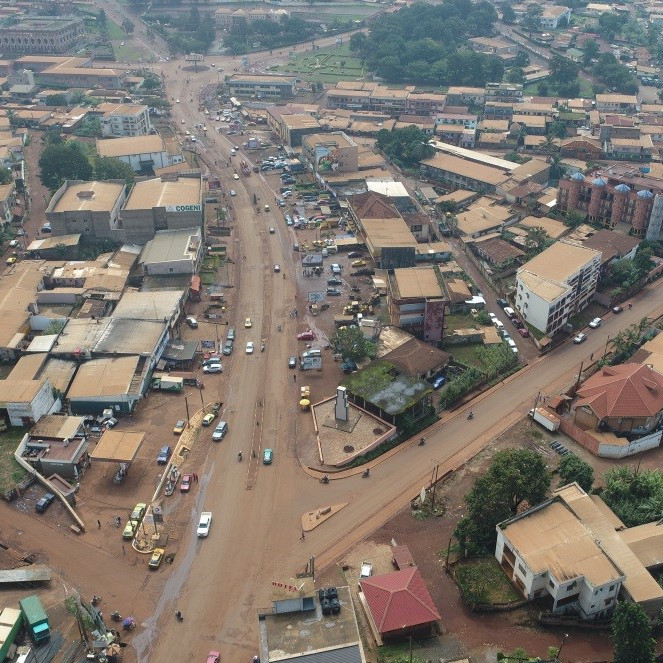
26 élèves surpris en train de tourner un film osé à Bafoussam
- 30 April 2015
- /
- 989765

Brenda biya sème la terreur en boîte de nuit à Yaoundé
- 15 July 2015
- /
- 527754

Menacée de mort par sa famille car elle est lesbienne
- 03 March 2016
- /
- 411173

Oyom-Abang : une femme marche nue à Yaoundé VII
- 09 July 2015
- /
- 378324

LE DéBAT




Afrique : Quel droit à l'image pour les défunts au Cameroun ?
- 17 December 2017
- /
- 180598


